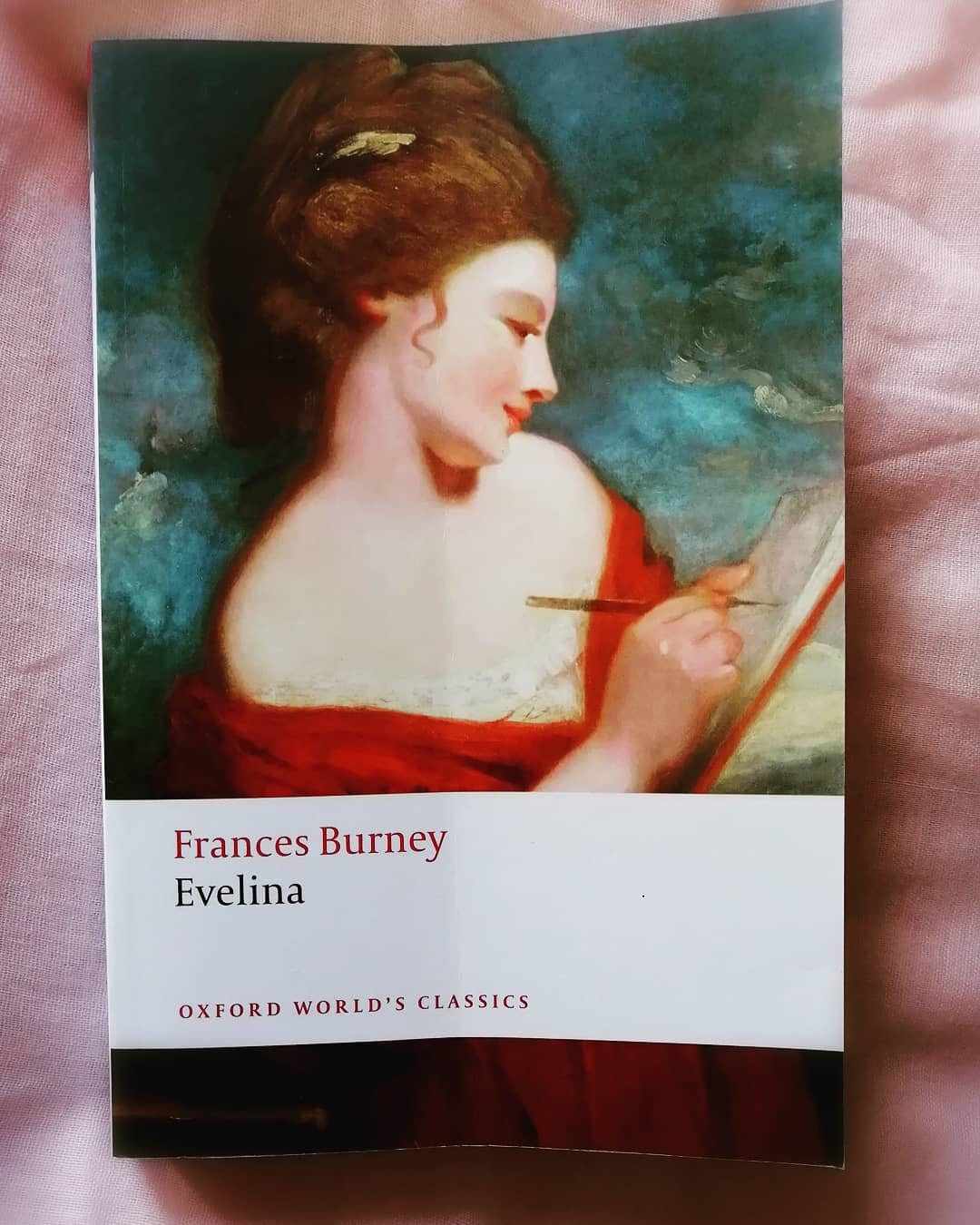I thought that today it would be nice to share from my current reading, Frances Burney’s Evelina, and use some texts from it to elaborate on what we looked at yesterday, namely, the value of COMMAS in your writing.
We talked about the ‘Oxford comma’ (also known as the ‘serial comma) and how it can be used to clarify the relationship between three or more items on a list, among other uses.
I didn’t have time and space to mention the APPOSITIVE PHRASE, which is also worth knowing about.
Don’t be alarmed by the grand grammatical description, because in all likelihood you have already read MANY sentences with appositive phrases before, and you may have used them in writing yourself!
✍️ Appositive phrases are usually noun phrases that explain or identify another noun that has been mentioned. A comma separates them before and after.
I have highlighted a few appositive phrases in the quotations from Burney’s 18th-century bestseller, Evelina:
📙 ‘Your Ladyship may probably have heard that I had the honour to accompany Mr. Evelyn, THE GRANDFATHER OF MY YOUNG CHARGE, when upon his travels, in the capacity of tutor. His unhappy marriage, immediately upon his return to England, with Madame Duval, then A WAITING-GIRL AT A TAVERN, contrary to the advice and entreaties of all his friends, among whom I was myself the most urgent to dissuade him, induced him to abandon his native land and fix his abode in France.’
📙 ‘Miss Evelyn… rashly, and without a witness, consented to a private marriage with Sir John Belmont, A VERY PROFLIGATE YOUNG MAN, who had but too successfully found means to insinuate himself into her favour.’
– Frances Burney, Evelina (1778)
I hope these examples show how common and how USEFUL appositive phrases are for introducing essential information without distracting from the overall arc of the sentence.
✍️ For you: TRY to use an appositive phrase the next time you write something longer than 200 words in English. Make sure that it is accurate, and fitting, detailed, and not too long for your readers.




